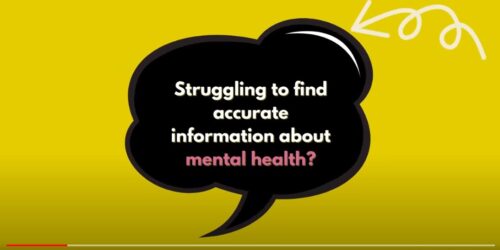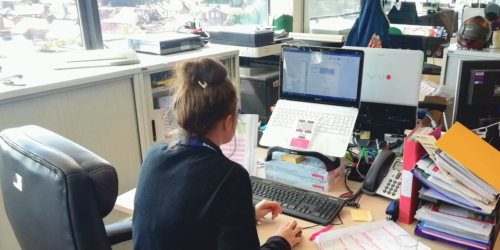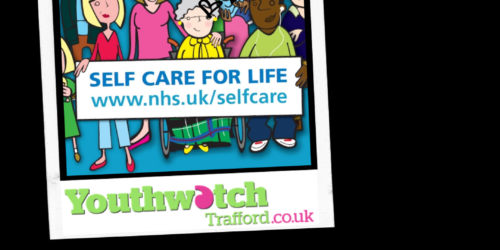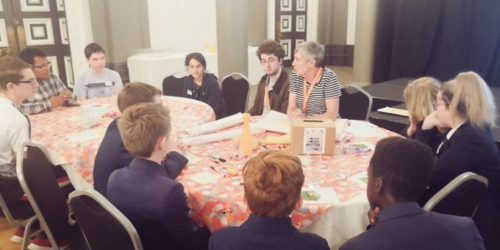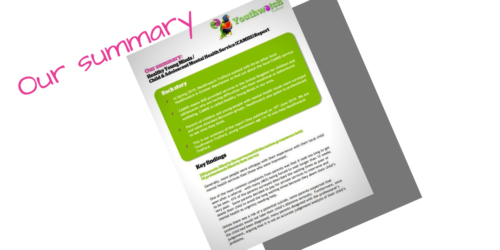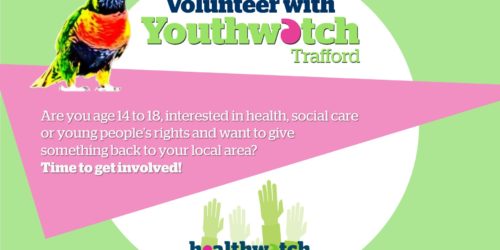Our Questions Answered: The Children’s Rights Service
If you are a child or young person in Trafford in care or who are using aftercare services and feel you need some help or advice, the Children’s Rights Service can help you. There’s more information about it here: www.trafforddirectory.co.uk/kb5/trafford/fsd/service.page?id=S4NVPfAmqbc
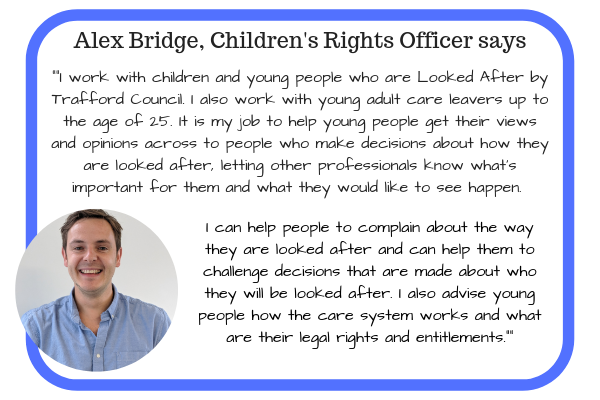
YouthwatchTrafford recently conducted an interview with Children’s Rights Officer Alex Bridge and these were his responses:
What would you have to do if a child told you something alarming?

Find out the nature of the problem and ask more questions, then pass the information on and talk to other staff in the care system. Although the conversations are private, put safety before anything else.
How do you get their rights across; do they differ from child to child?
One right that all children have is to be safe . Children in the care system have the right to be included in decisions – these may vary due to age. The capacity in which they can contribute may vary due to having a disability; such as special needs. This is because their understanding of the situation may be lower.
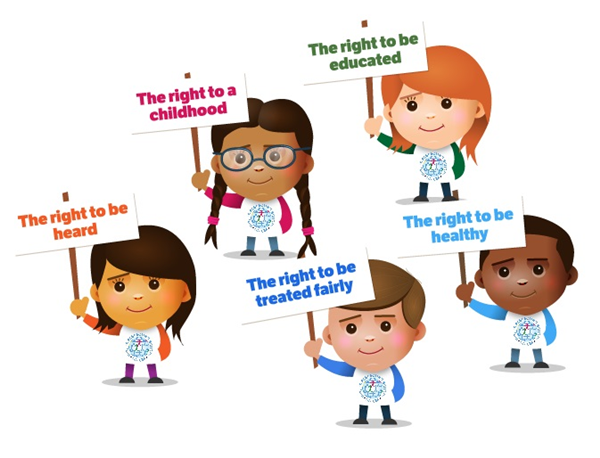
What do you do after the child has spoken to you?
Do as the young person wishes, either negotiate change and pass it on; or keep it private and talk it through. They may learn about rights they didn’t know that they had.
How do you monitor the things they have told you?
Take them for some food/drink or activity – depending on age – to help them feel comfortable to talk. I must remember certain things and then take notes on that. I must then check with the young person/child to see if the notes are correct before deciding whether to progress, depending on what they want.
How do you get the kids to trust you?
Some children/ young people are easier to talk to than others, I understand that it may take time because of their history. I will explain my job and how it’s confidential between us. I can then get to know them, gain their trust and treat them with respect.
Will they sometimes hide what is happening, in fear it’ll get worse?
It is important that I make children and young people feel comfortable. I f I feel that they are ‘hiding’ a problem or a concern I will try and think about what barriers there could be to them talking more openly. I will ask children and young people to let me know if they can think of anything that’s worrying them or stopping them from sharing their worries. I will always reassure young people that the local authority has to keep them safe and think about their best interests.
What happens when someone that you have been working with turns 18?
This has changed over the past 10 years as they now still receive support after they have turned 18. Between the ages of 18 and 21, they can receive aftercare and they may still receive support beyond this depending on if they are still in education or if they have a disability etc. This is important as providing financial, emotional and accommodation support is a key part of the role of children’s social services.
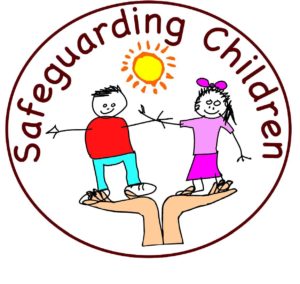
Is there a limit to what you can do, before getting police involved?
It is very rare for the police to be involved but this may happen if there is a risk of significant harm.
What age do you work with the most?
The most common age that I work with is 12-15 but it can go up to 25 years old.
When helping them does their identity stay protected?
As each child’s problem is unique, this depends on their current circumstances. In some cases, the children’s rights officer may ‘whistle-blow’ so his/her identity is kept a secret. However, if the child is at risk of harm, their identity may be disclosed to the relevant staff who can help.
Do you still speak to children after they have been adopted?
The adoptive parents have responsibility in the eyes of the law. The social worker will still check up regularly to see how they are coping. They would only become involved again was if they were reinstated into care.
Do you have access to their records e.g. care plan?
A children’s rights officer has access to all the child/young person’s reports, yet the social worker doesn’t have access to the notes as I make these private.
Could you be asked to go into a review meeting?
Sometimes, but only if this is requested by the child.
Do children who cannot see their family feel like they have a right to see their parents/ do the parents feel as though they have a right to see their child?
Children in the care system have a variety of different family situations, for some it is safe and positive to have frequent family time including overnight stays. For others is would not be safe or in the child’s best interest for them to have any or a lot of family time. Some children will see their family in contact centres. Some will see their families on activities out and about. Some children do not see some members of their families at all. These decisions are made by the family courts and social workers. My Job can be to negotiate for young people and make some changes to their family time plans.
Thanks to Alex for making time to chat with us!
July 2019

